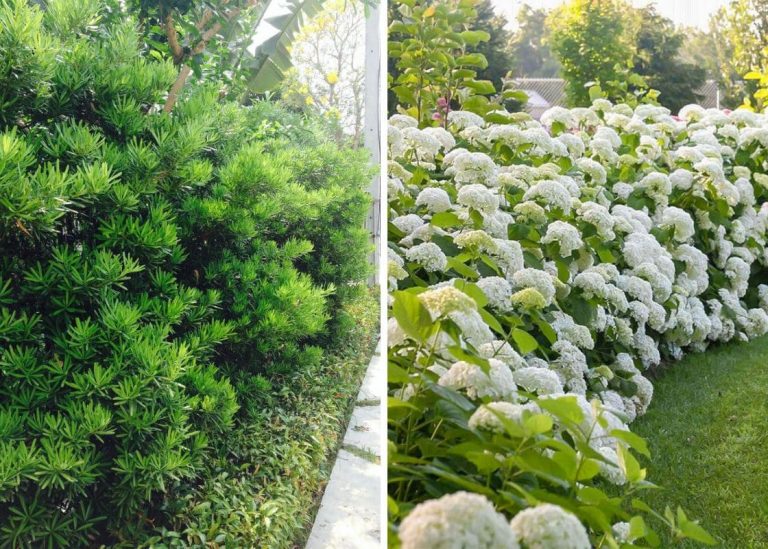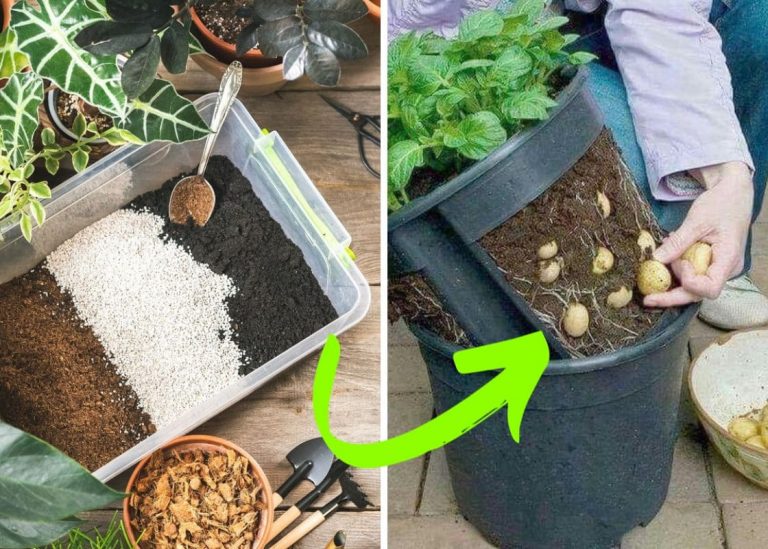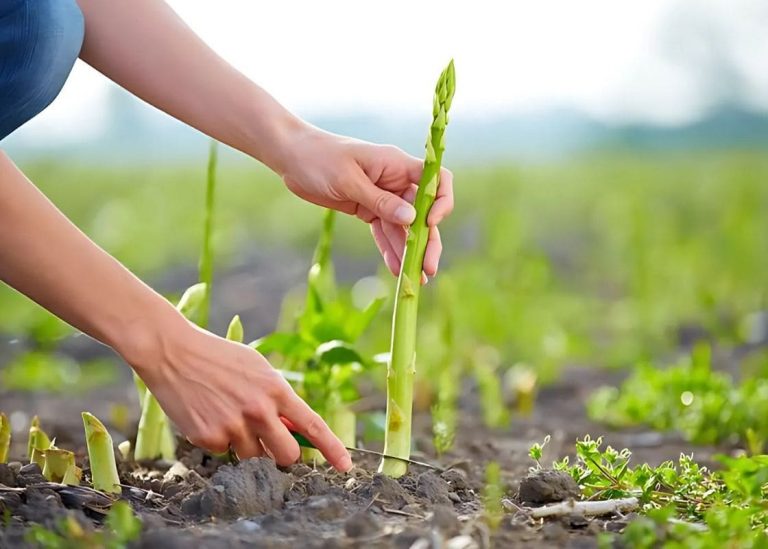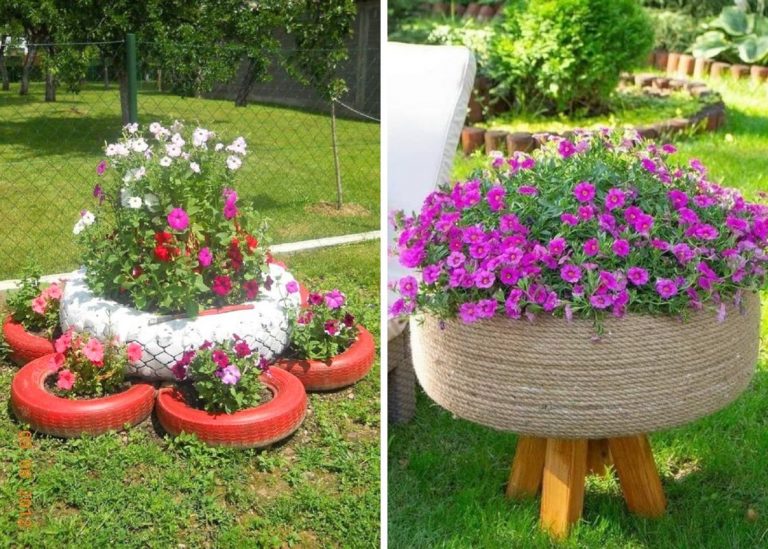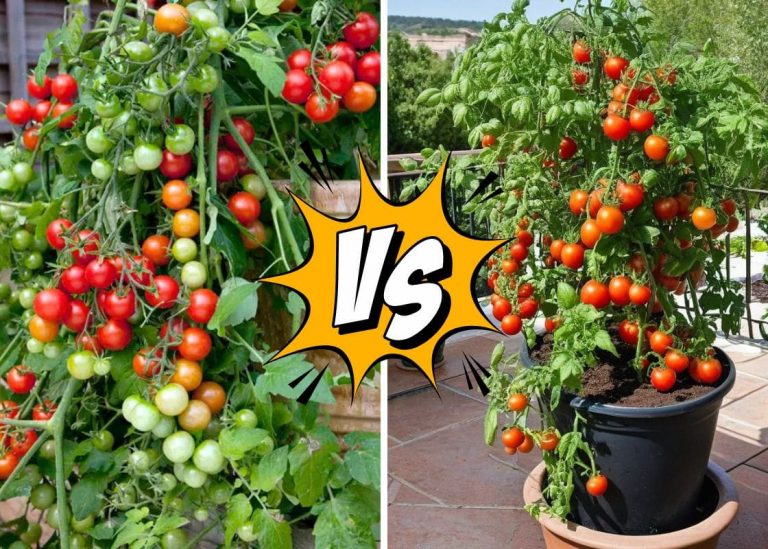Here’re 10 Organic Fertilizers for Juicy, Healthy Tomatoes
For many years gardening, I’ve found that nothing compares to the satisfaction of growing plump, vibrant tomatoes straight from the garden. Yet, behind those juicy, sun-kissed fruits lies the secret of proper nourishment.
Tomatoes are heavy feeders, and organic fertilizers are the best way to enrich the soil while keeping your harvest chemical-free and full of flavor.
Whether you’re growing cherry tomatoes or beefsteak giants, feeding your plants the right nutrients naturally ensures stronger roots, more blooms, and, ultimately, better-tasting tomatoes. Here are 10 organic fertilizers I’ve used to help tomato plants flourish.
#1. Composted Manure
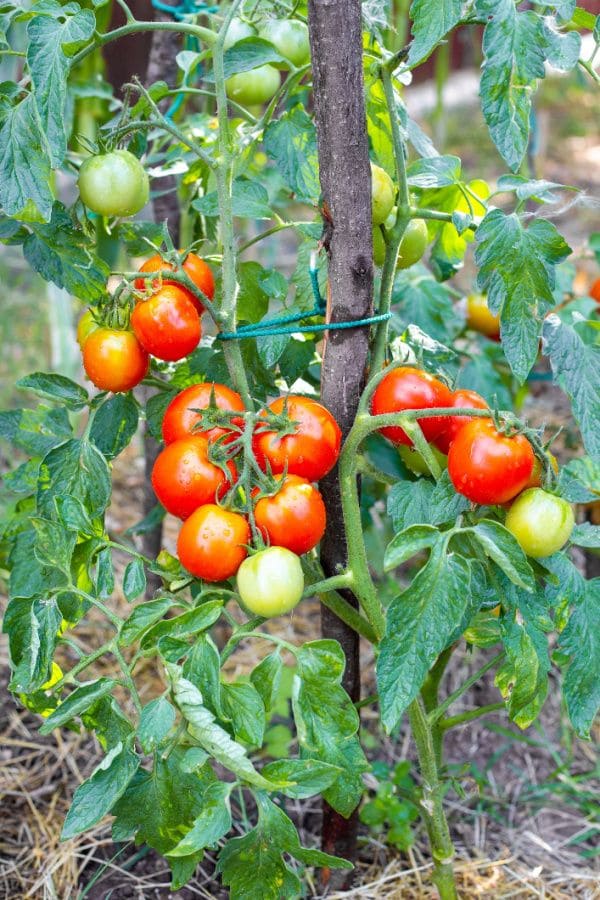
A classic go-to fertilizer for tomatoes, composted manure (cow, horse, or chicken) is packed with nitrogen, phosphorus, and potassium, the essential nutrients tomatoes crave.
Spread it over the soil before planting or mix it into your compost heap. Be sure it’s fully aged to avoid burning your plants. Your tomatoes will thank you with vigorous growth and strong stems.
#2. Fish Emulsion
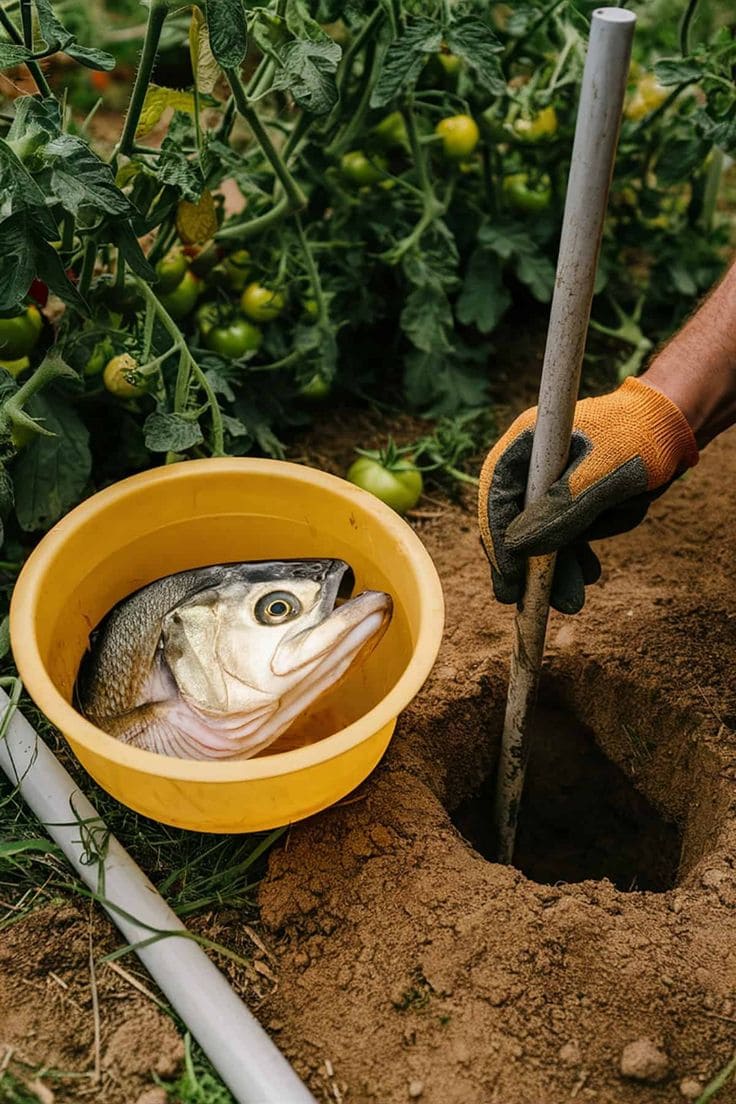
This liquid gold is one of my personal favorites. Fish emulsion provides quick-release nitrogen for lush, green growth while enhancing soil health.
Dilute it with water (follow the label) and apply every couple of weeks as a foliar spray or soil drench. It’s a fantastic pick-me-up during the early growing season, ensuring your tomatoes get a strong start.
#3. Bone Meal
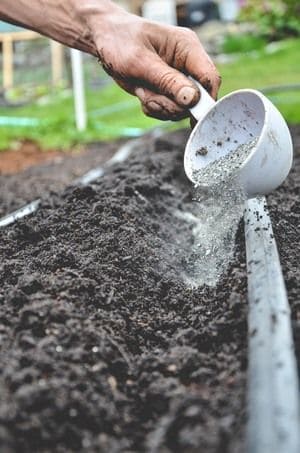
Bone meal, rich in phosphorus and calcium, is the perfect addition when tomatoes begin to bloom. It promotes strong root development and encourages healthy fruit set.
Simply sprinkle a small amount around the base of the plants and gently work it into the soil. I’ve found it helps prevent issues like blossom end rot, a common tomato nemesis.
#4. Seaweed Fertilizer
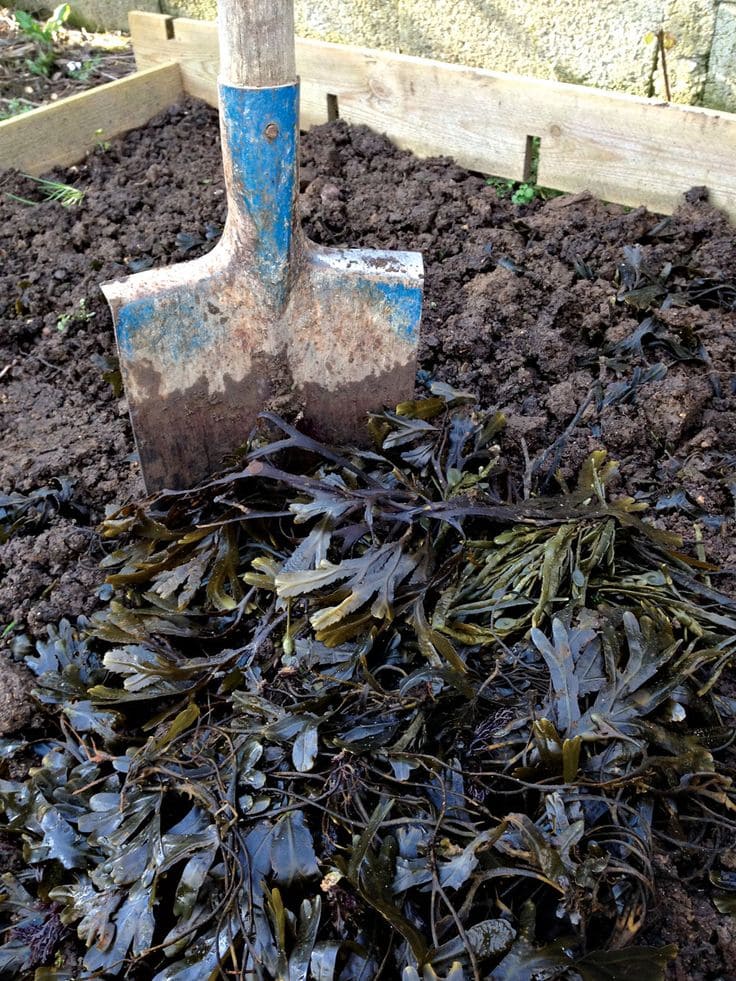
Seaweed-based fertilizers are a powerhouse of micronutrients and natural growth hormones that support overall plant health. They boost disease resistance, improve fruiting, and encourage better water retention in the soil.
Apply it as a foliar spray or mix it into your watering can for happier, stress-free tomato plants.
#5. Eggshells
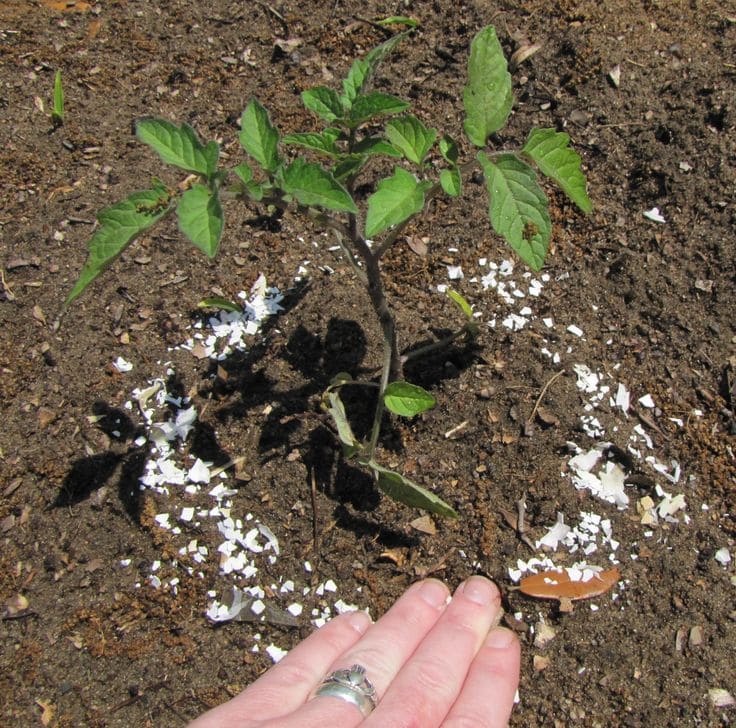
Eggshells are a budget-friendly, natural way to add calcium to the soil, an essential nutrient for preventing blossom end rot. Crush them into fine pieces or powder, and scatter them around the base of your plants.
For a bonus, soak crushed shells in water for a day or two, then pour the nutrient-rich “tea” into the soil.
#6. Compost

Ah, compost, the heart of any organic garden! Homemade compost from kitchen scraps, lawn clippings, and leaves provides a slow release of nutrients while improving soil structure and moisture retention.
I add a generous layer of compost around my tomato plants at the beginning of the season and top up as needed.
#7. Banana Peels

Banana peels are brimming with potassium and phosphorus, two nutrients tomatoes need for robust fruiting. Chop up the peels and bury them a few inches deep around your tomato plants.
As they decompose, they’ll feed the roots while naturally improving soil health. Plus, it’s a simple, waste-free solution for your garden.
#8. Worm Castings
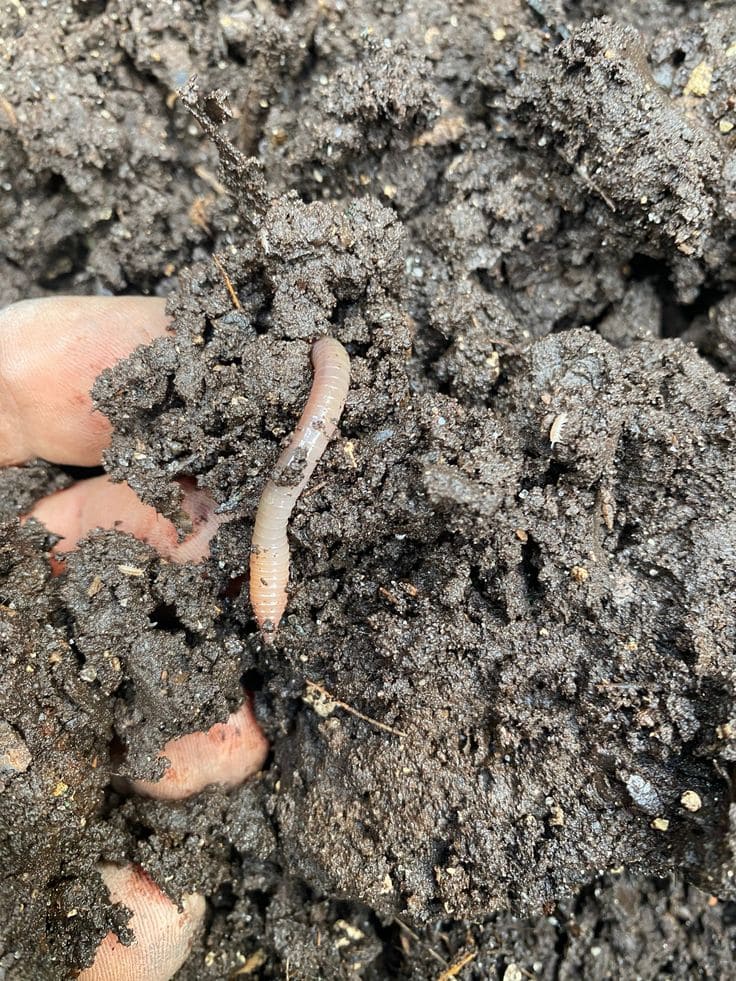
Worm castings, or vermicompost, are like black gold for your tomatoes. They’re rich in nutrients, beneficial microbes, and enzymes that improve soil structure and plant health.
Mix worm castings into your planting holes or use them as a top dressing. Your tomato plants will grow stronger, and you’ll notice tastier fruits.
#9. Epsom Salt
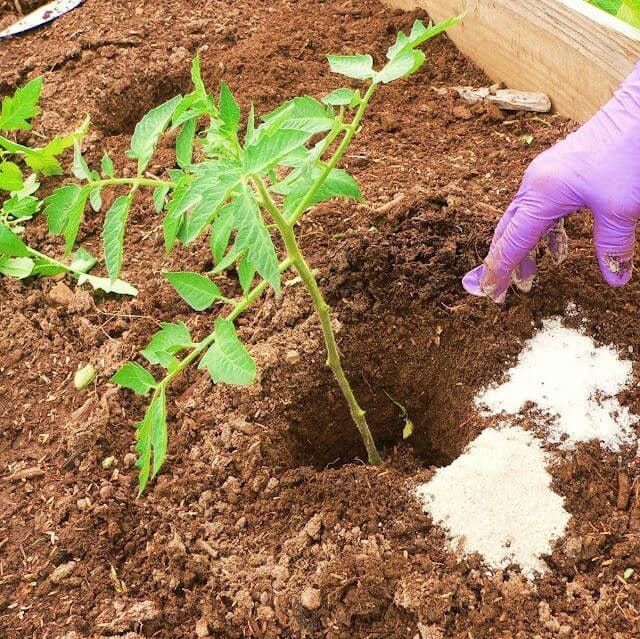
Tomatoes thrive when given a magnesium boost, and Epsom salt is a gardener’s secret weapon for this.
Dissolve 1 tablespoon of Epsom salt in a gallon of water and apply it to the soil once a month. This helps prevent yellowing leaves and promotes better nutrient uptake, resulting in rich, vibrant tomatoes.
#10. Coffee Grounds
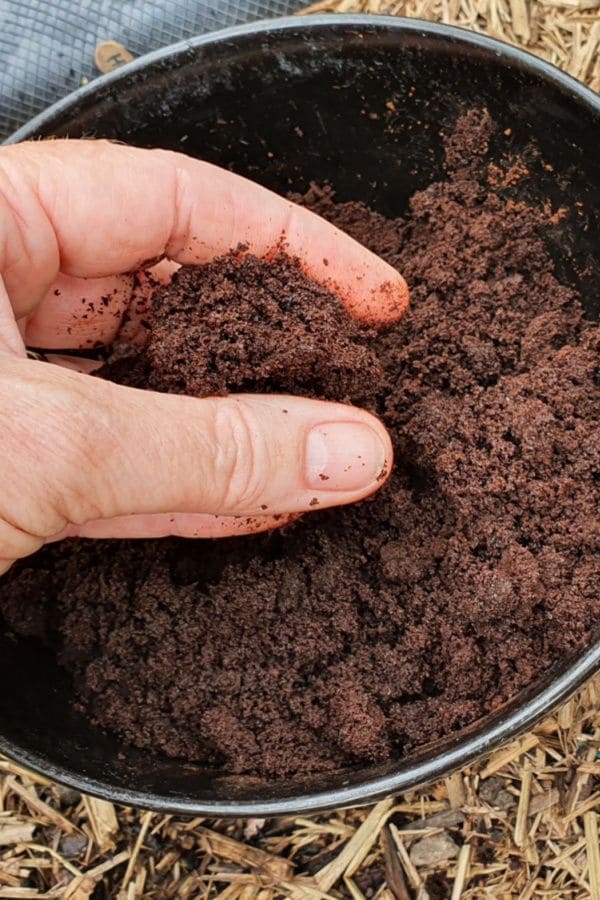
Used coffee grounds are a rich source of nitrogen and organic matter that tomatoes love. Sprinkle the grounds sparingly around the base of your plants, or mix them into compost for a slow-release boost.
Just avoid overdoing it, as too much can lower soil pH. Tomatoes enjoy a slightly acidic environment, but balance is key.

